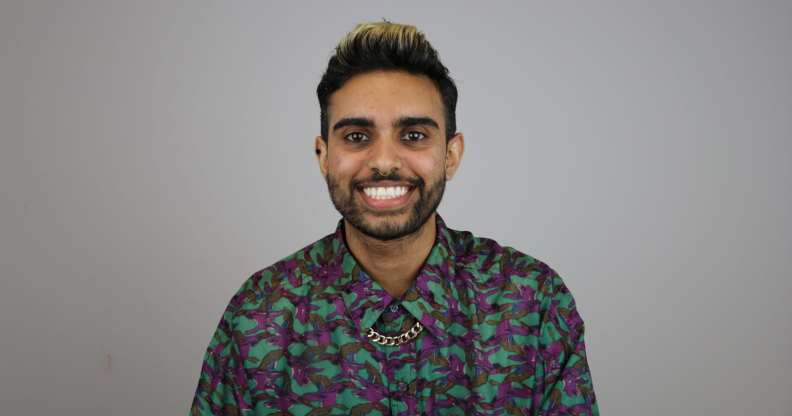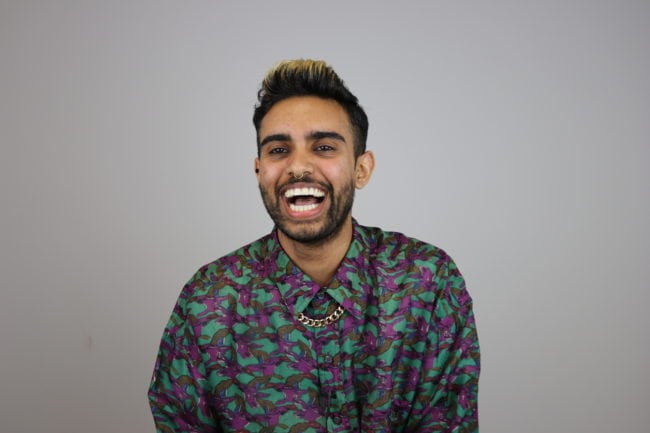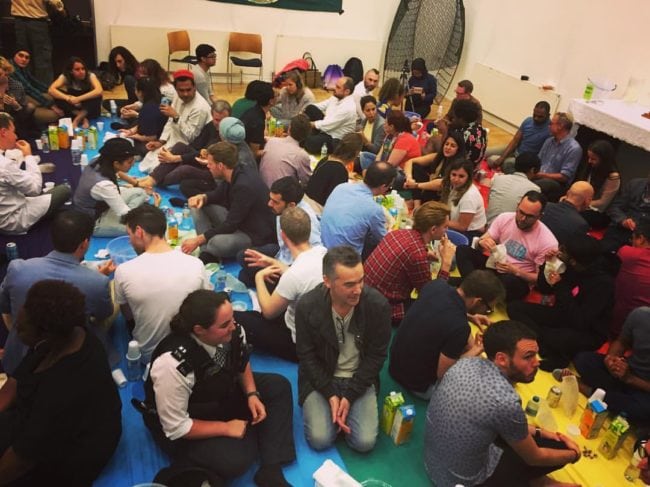Being a queer Muslim in Ramadan

Sabah Choudrey chats to PinkNews
Being a queer Muslim in Ramadan can come with challenges in finding inclusive spaces and support from community.
Activist Sabah Choudrey spoke to PinkNews about fasting, what Ramadan means to them, and how to find community.
“During Ramadan, especially as a queer Muslim, it kind of highlights how difficult it can be to find community,” they explained.
“We’re not really allowed to be queer in the Muslim community, or Muslim in the queer community.
“I often feel a bit isolated during this time because it is really hard to find community – we really have to work for it and look for it.
“One of the things I really struggle with around this time of year is not feeling Muslim enough.
This photo series challenges what a non-binary person looks like.
“Going to inclusive iftar spaces have really helped me to understand that that’s not something I have to worry about.
“They’re not segregated by gender, and being a trans person in a world where things are segregated by gender is just a reminder that I don’t fit in or I don’t belong.

Sabah Choudrey chats to PinkNews
“And it doesn’t fit actually with the kind of Islam that I believe in and follow, which is feminist and centred on women and queer people.
“Things like gender segregation are not essential to Islamic practice.
“It works and it’s beautiful being in a space where you’re not questioned, you don’t have to look a certain way to fit in, and you can just be present in a way that feels comfortable to you.

Big Gay Iftaar 2017
“We need to work on making everyone feel comfortable and included.”
Organisations Choudrey recommends seeking out include Hidayah, Inclusive Mosque Initiative, and Imaan, which is part of the Big Gay Iftaar being held in London this Ramadan.
To Choudrey, Ramadan means a time for reflection.
“If I could describe Ramadan in one word for me it would probably be reflection – and I mean that in a positive and negative way.
“I think it’s a really great time for me to reflect on my character and my relationship with myself, with food, drink, sex and anger.
“It’s a time for me to reflect on my relationship with religion and faith, and what it means to be a Muslim.”

